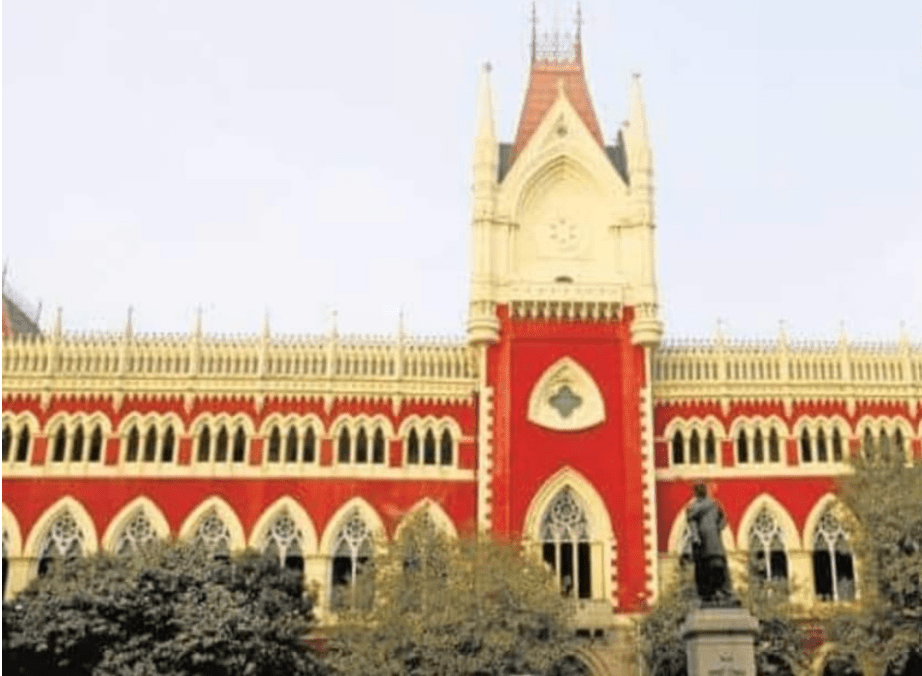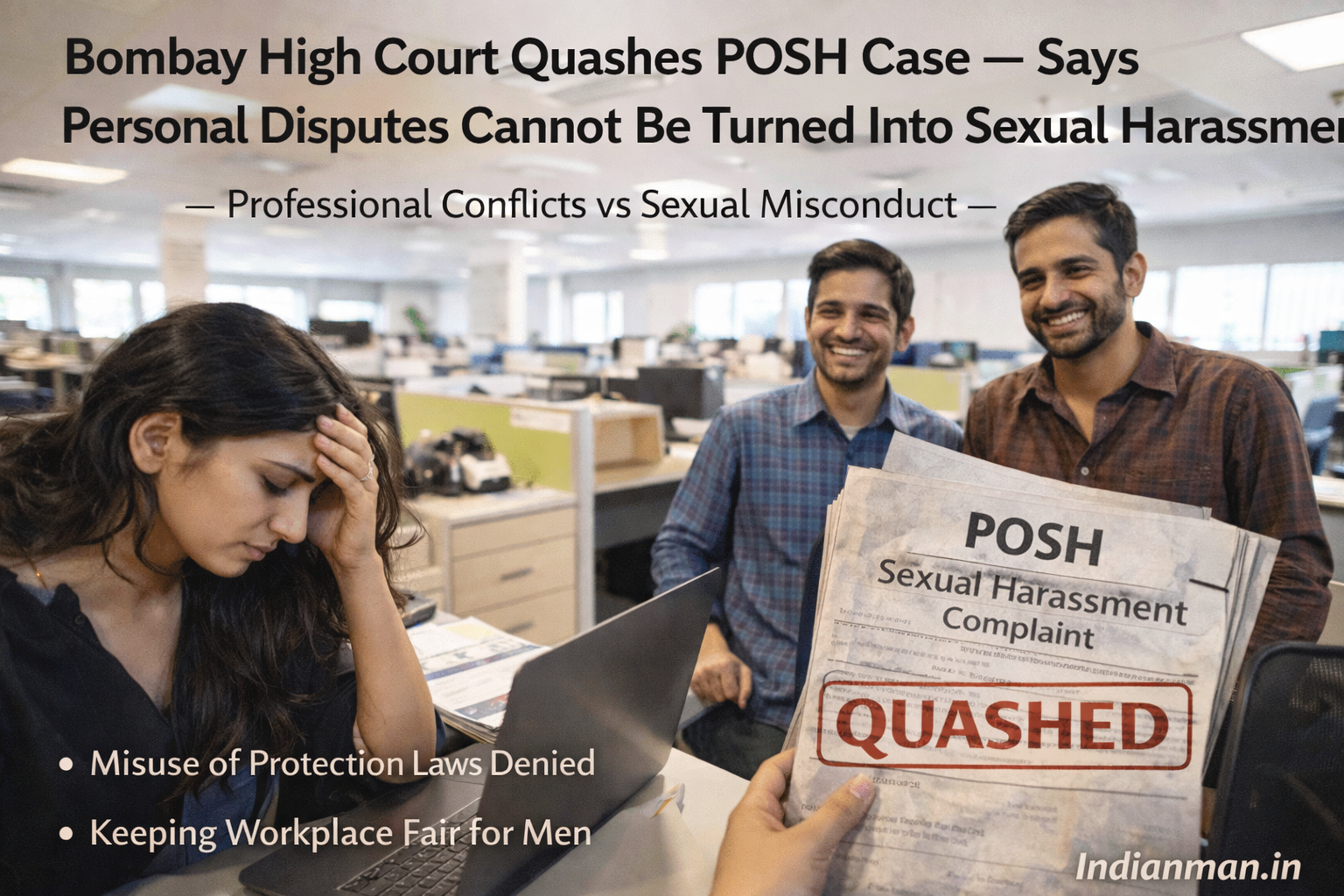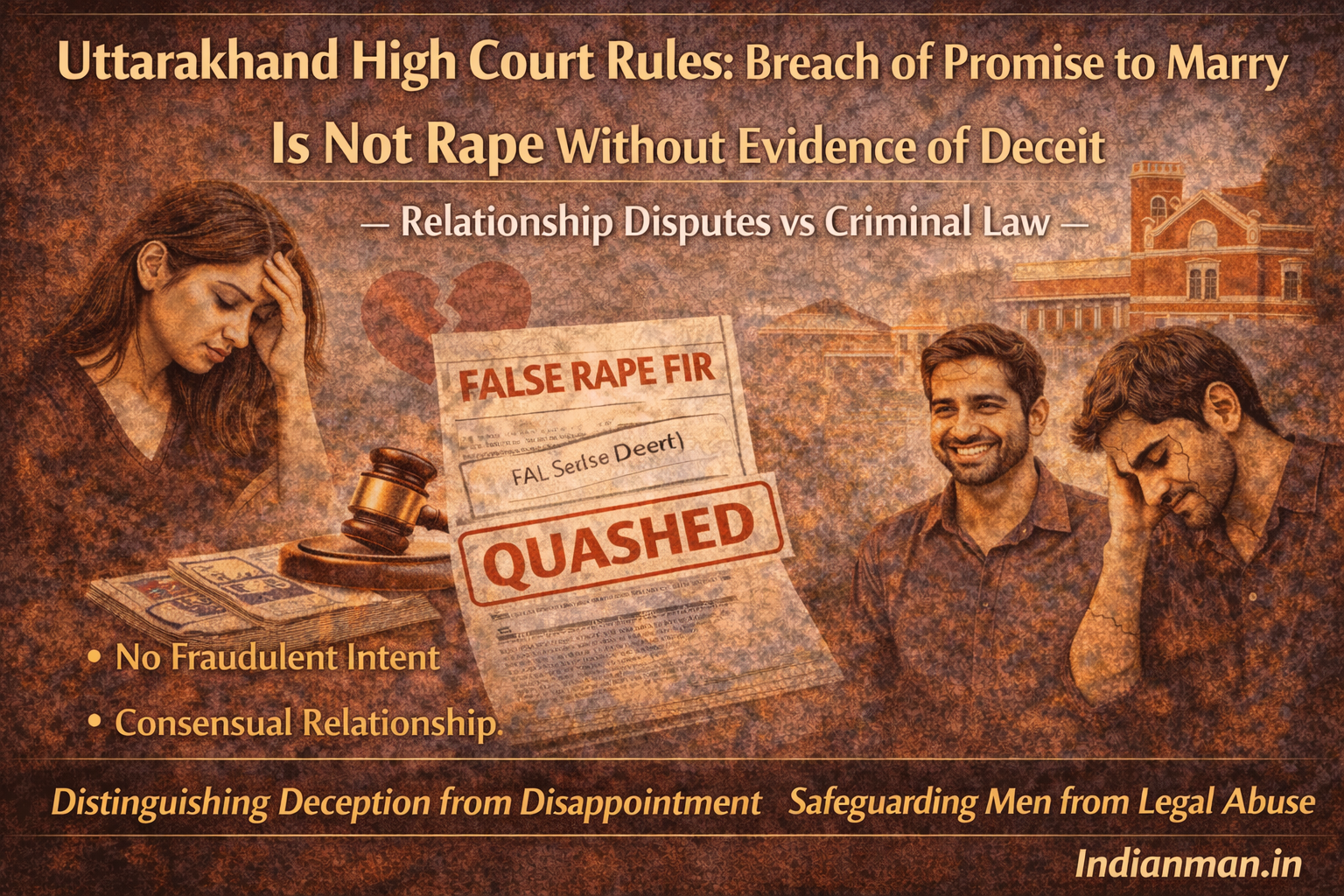The Calcutta High Court has recently provided guidance to adolescent boys and girls in a case involving a young boy sentenced to 20 years in prison for engaging in sexual relations with his minor girlfriend.
In its decision to acquit the appellant, the court noted that the POCSO Act does not consider consensual and non-exploitative sexual relationships between children aged 16 to 18 years. The bench, consisting of Justices Chitta Ranjan Dash and Partha Sarathi Sen, referenced the Mahabharata saying, “Dharmo Rakshyati Rakshyita,” which means that those who protect the law are protected by it.
The court outlined specific responsibilities for adolescent boys and girls. It stated that every female adolescent should:
- Protect her bodily integrity.
- Maintain her dignity and self-worth.
- Strive for personal development beyond gender barriers.
- Control sexual urges, as society often views yielding to short-lived pleasures negatively.
- Safeguard her right to body autonomy and privacy.
Male adolescents, on the other hand, should respect these duties and train themselves to honor women’s dignity, self-worth, privacy, and autonomy.
The court acknowledged that sexual feelings during adolescence are natural, but emphasized that the expression of those urges should come with responsibility. It highlighted the importance of sexual education for both boys and girls, starting at home and extending to school curricula.
The court stressed that sexual education should cover topics like reproductive health and hygiene. While sexual activity among adolescents may be considered normal, the court argued it should not be seen as acceptable without commitment and dedication.
The judges concluded that they do not want adolescents to engage in activities that could lead them into negative situations. While seeking companionship is a normal part of adolescence, engaging in sex without commitment is not. The court believes that healthy relationships and sexual experiences will come naturally as young people become self-reliant and economically independent.
Case: Probhat Purkait @ Provat v. The State of West Bengal
Be a part our social media community:
Facebook: https://www.facebook.com/IndianMan.in?mibextid=ZbWKwL
Instagram:
https://www.instagram.com/indianman.in?igsh=MWZ2N3N0ZmpwM3l3cw==




